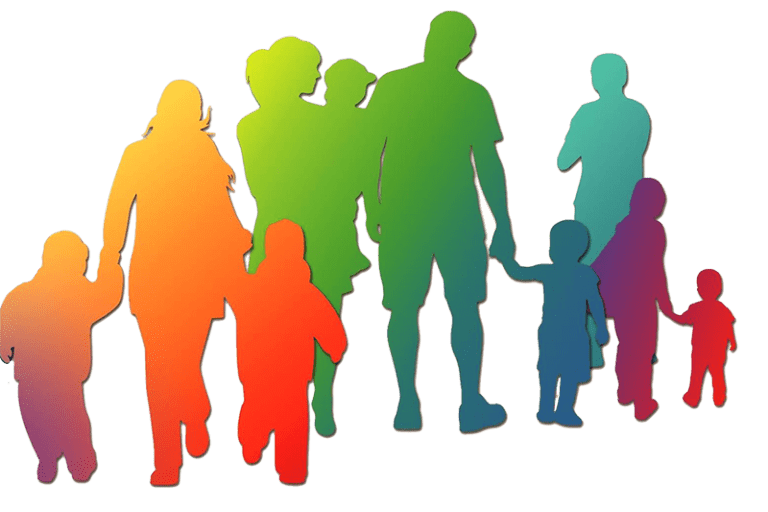Safe Environment
Protecting the young and the vulnerable
Quick Links for Safe Environment
Thank you for your interest in volunteering at St. Cecilia Community. Our community wouldn’t be the same without all of our amazing volunteers.
You will find on this page all of the information you need to get started in the Safe Environment Program.

- Upcoming Classes
Protecting God’s Children Course (In-person)
Thursday, September 14th
6:30-8:00pm
St. Monica Room
Rescheduled Session:
Saturday, September 23rd
11:00am-12:30pm
St. Monica Room
You must register in advance.
Questions?
Dave Reynolds
Safe Environment Facilitator
safeenvironment@saintcparish.org
(206) 842-3594
Volunteer Requirements
Requirements for those with access to minors or vulnerable adults
- Background check completed every three years
- Abuse prevention *training completed every three years
- Policies read and signed at the beginning of service
Requirements for those with access to cash and checks, or who drive on behalf of the parish or school (without access to minors or vulnerable adults)
- Background check completed every three years
*All applicable new volunteers are required to complete the Protecting God’s Children course within 30 days of beginning service. All applicable current volunteers are required to take updated online training courses every three years.
Each May, Saint Cecilia Community is required to submit a report to the Archdiocese of Seattle indicating that all volunteers are compliant with Safe Environment policies.
FAQ
We, as a Church, have a long-standing commitment to the protection of children, youth, and vulnerable adults. The Office of Safe Environment for the Archdiocese of Seattle assists the archbishop in coordinating child abuse prevention efforts throughout the archdiocese. Established in 2007, this office works to ensure the safety of those who serve in our parishes, schools, and agencies, while offering assistance to those who are suffering in the aftermath of abuse. The Safe Environment program includes background checks, Safe Environment training, and the development and implementation of related policies.
The reason for and philosophy behind Safe Environment is best explained within this handout for adults from the VIRTUS program.
Safe Environment is the name of the office established by the Archdiocese of Seattle for the protection of the young and the vulnerable. VIRTUS is the brand name of an online program established by The National Catholic Risk Retention Group that facilitates the training, background checks, and tracking for the Safe Environment program.
As a part of a commitment to transparency, the Archdiocese of Seattle has as webpage with current statistics and latest new releases related to reported abuse within the archdiocese. Click to learn more.
Reporting Abuse
Report abuse: 1-800-446-7762 or helpline@seattlearch.org
If you suspect abuse of a child or a vulnerable adult (or have been abused), call proper law enforcement or the Washington state DSHS hotline within 48 hours: 1-866-END-HARM.
You can also report it to the Archdiocese of Seattle by calling the Helpline at 1-800-446-7762.
Abuse refers to an intentional act committed by a person in a position of trust which harms or threatens to harm a minor (under age 18) or vulnerable adult’s physical or mental health.
Yes! It is not your job to decide if the situation you have identified is abuse or not. The authorities you call will make that decision based upon their own investigations. If you suspect or have a reasonable belief that abuse has occurred, please call the appropriate authorities immediately.
In the Archdiocese of Seattle, all of the following groups are required to follow the mandated guidelines for reporting suspected abuse of a vulnerable population:
- Priests
- Deacons
- Employees
- All parish personnel
- All school personnel
- All chancery personnel
- All employees of any agency of the Archdiocese of Seattle
- Volunteers
- Catechists
- Coaches
- Scout leaders
- Youth leaders
- Any individuals who have ongoing, unsupervised contact with minors or vulnerable adults
A minor is anyone under the age of 18.
A vulnerable adult is:
- anyone over the age of 60 who is unable to care for him or herself.
- certain individuals with developmental disabilities.
- anyone over 18 who has a legal guardian.
- anyone receiving in-home care through licensed health, hospice or home health care agency or from an aide hired on their own.
